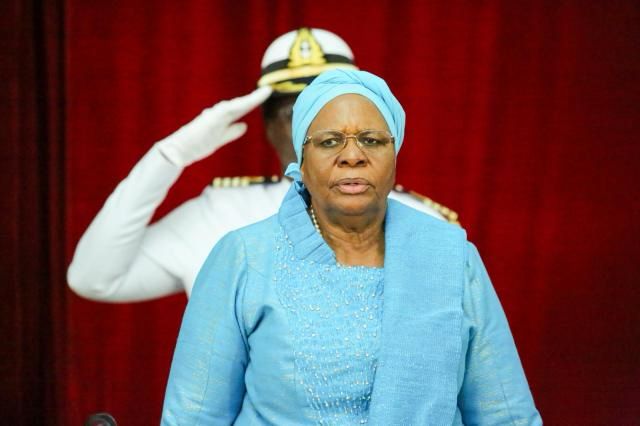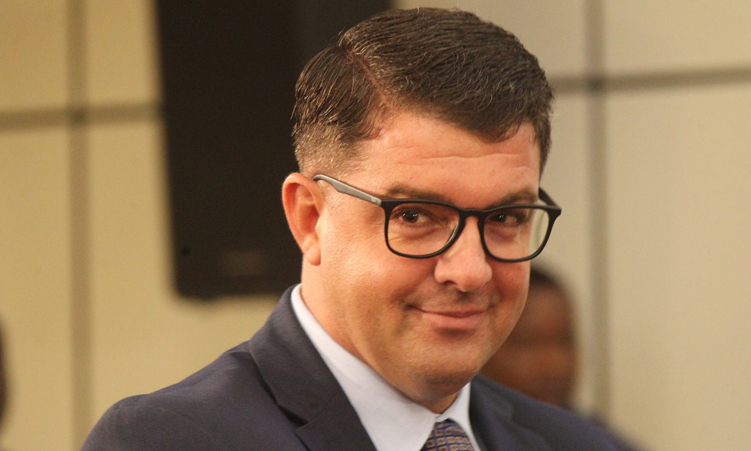DSTV Namibia loses 26 subscribers every day in Namibia, the Communications Regulatory Authority of Namibia said in their latest sector report released last week.
The regulatory authority said DStv has so far lost 19 321 subscribers between 2023 and 2024.
The report shows that pay-TV subscriptions, made up of DStv and GOtv, have seen a decline of 11% in subscribers in the last two years.
“This may be attributed to the recent increase in subscription fees and growing competition from streaming platforms like Netflix,” read the report.
MultiChoice, the parent company of DStv and GOtv, announced an increase in subscription prices by at least 20%, marking the second price hike in a year across the African continent.
The increase, which will be effective 1 April, comes at a time when the company has been facing economic challenges across the majority of its key markets.
According to the price adjustments, premium subscribers will now pay N$1 045, an increase from N$985.
Compact Plus and compact packages will increase by N$40 and N$30, respectively.
Meanwhile, the Family Package will increase by N$25 while Access will increase by N$15.
The only package that will decrease in price is Lite, which will now cost N$60 compared to the N$110.
DStv says the price adjustments took into account the current inflation pressure Namibians are facing.
“Africa’s much loved storyteller has taken into account the current rate of inflation and economic pressures facing Namibians when considering our price adjustments,” says DStv Namibia.
Previous DStv subscriber Tony Keakopa says DStv offers can now be found online and on other platforms, defeating the purpose of paying for a subscription.
“They are repetitive with what they showcase and for the most part we only have DStv for soccer, however, now we can use Showmax.
We can’t use DStv for anything anymore, we can now watch movies online,” says Keakopa.
He adds that the company needs a turnaround strategy to offer what the market wants “Given that DStv did not improve or change its business strategy, people do not use them anymore,” says Keakopa.
Anna Hatutale, a parent, says she does not pay for DStv because the programmes on the children’s channels are no longer child-friendly.
“The children’s programmes, including Cartoon Network, nowadays are not child-friendly.
Why will I allow my child to watch a cartoon that teaches them how to answer back when being corrected? And there is a lot of violence in the programmes,” says Hatutale.
She adds that even as an adult, she is not comfortable with many of the movies being played.
“Movies and series have normalised the display of sexual themes freely, the content is disturbing to me,” says Hatutale, adding that she prefers to watch content on YouTube.
In September last year, MultiChoice Namibia gave its subscribers a 75% markdown on all packages in preparation of the price hikes.
MultiChoice’s total assets recently declined from N$47.6 billion to N$43.9 billion, while its liabilities increased to around N$45 billion.
A contributor to the company’s financial difficulties is a new long-term loan of N$12 billion taken to manage daily operations.
The group has, however, accelerated its cost-reduction programme, aiming to save N$2 billion in the 2025 financial year.
Stay informed with The Namibian – your source for credible journalism. Get in-depth reporting and opinions for
only N$85 a month. Invest in journalism, invest in democracy –
Subscribe Now!










